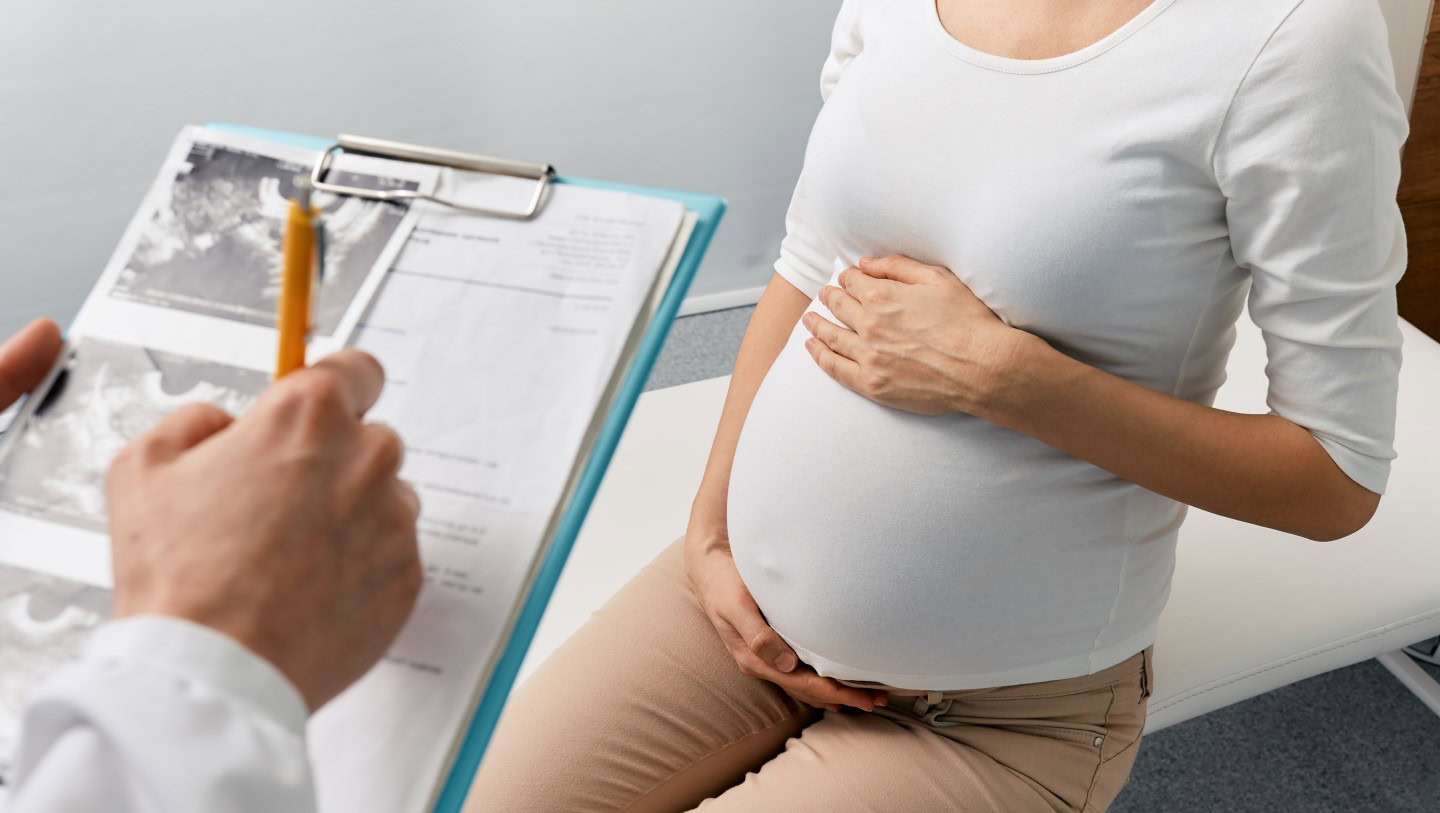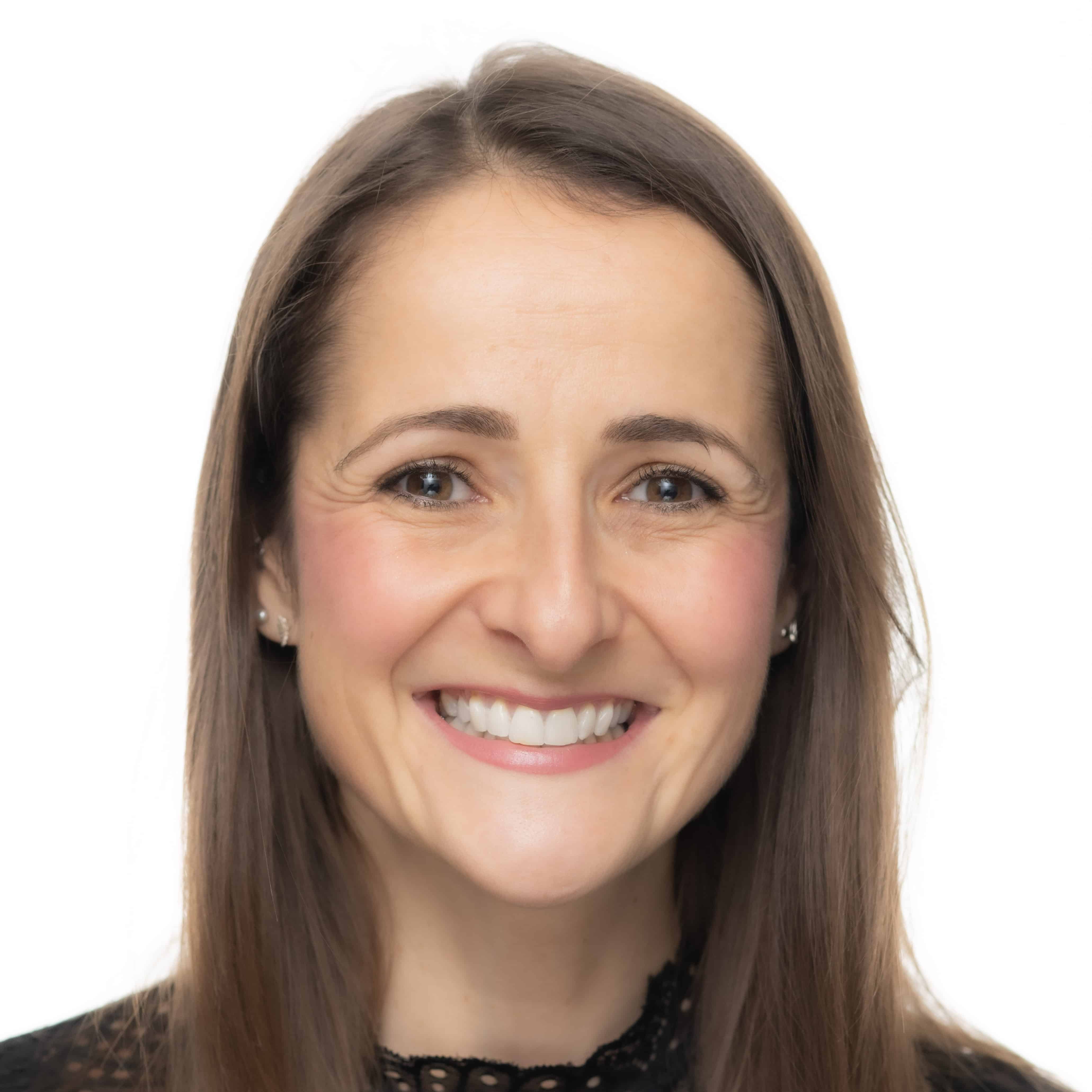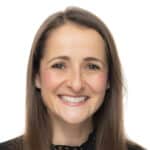
Learning your child has Hypoxic-Ischaemic Encephalopathy (HIE) – what next?
Through many years representing inspirational children with brain injuries, I know parents of children diagnosed with hypoxic-ischaemic encephalopathy (HIE) can feel they lack information about the condition, what it means for their child, and what to do next.
Here I’ll answer some of the questions I hear from parents in my role as head of the specialist child brain injury team at Bolt Burdon Kemp.
The many questions
After an HIE diagnosis, it’s natural for parents to have questions and worries. You may want to understand the medical aspects of the condition, how it might affect your child’s development, and how best to support them as they grow. Common questions we hear from parents include:
- What is HIE?
- Why did this happen?
- Could it have been prevented?
- What will my child’s future look like?
- How can I ensure my child gets the best care and support?
These are difficult questions, and while no one has all the answers right away, seeking the right information and support can help guide you through this challenging time.
What is hypoxic-ischaemic encephalopathy (HIE)?
HIE is a type of brain injury caused by a lack of oxygen and blood flow to a baby’s brain, usually occurring during pregnancy, labour, delivery, or shortly after birth. The severity of HIE can vary widely – some children experience mild effects and go on to lead relatively typical lives, while others may have more complex needs, including difficulties with movement, learning, and communication.
What causes HIE?
HIE is caused by a reduction in oxygen and blood flow to a baby’s brain. This can happen due to several reasons, including:
- Problems during labour and delivery, for example, when a baby is in distress and delivery is delayed.
- Placental issues, such as placental abruption (when the placenta separates from the womb too early).
- Umbilical cord complications, including cord prolapse or a cord wrapped around the baby’s neck.
- Problems during pregnancy, for example, pre-eclampsia, or undiagnosed or untreated maternal infections, which can increase the risk of brain injury.
- Delayed resuscitation, if a baby struggles to breathe immediately after birth, quick medical intervention is vital.
- Sudden Unexpected Postnatal Collapse (SUPC), if a healthy, spontaneously breathing, newborn baby unexpectedly experiences a cardiorespiratory collapse due for example to infection or airway obstruction.
During labour, midwives and obstetricians should monitor the baby’s heart rate carefully. If signs of distress arise, prompt action – such as an emergency delivery – can prevent oxygen deprivation. In the neonatal period mothers and babies should be monitored closely. When concerning symptoms are missed or not acted upon quickly enough, the resulting delay can cause HIE.
Recognising the signs of HIE
In the newborn period, HIE symptoms can vary depending on the severity of the brain injury. Some babies with mild HIE recover with minimal intervention, while others may need intensive care. Early signs may include:
- Difficulty breathing after birth;
- Low muscle tone (floppiness) or stiffness;
- Seizures (fits);
- Feeding difficulties;
- Altered consciousness (being unusually sleepy or unresponsive).
As children grow, longer-term effects can become more apparent. Some children with HIE may experience:
- Motor difficulties (affecting movement and coordination);
- Speech and communication delays;
- Learning difficulties or cognitive impairments;
- Epilepsy or ongoing seizures;
- Sensory challenges (such as vision or hearing impairments).
No two children with HIE are affected in the same way. Some may have mild difficulties, while others require lifelong care and support.
Meeting the complex needs of children with HIE
Every parent wants to ensure their child receives the best care, therapies, and resources to help them thrive. Children with HIE may benefit from a tailored package of care and support, including:
- Specialist medical care – ongoing monitoring and management of physical health;
- Therapies – including physiotherapy, occupational therapy, and speech and language therapy to support mobility, independence, and communication;
- Assistive technology – adaptive equipment to help with daily living and learning;
- Education support – ensuring your child’s educational needs are met, whether in a mainstream setting with support or in a specialist environment;
- Home adaptations – adjustments to your home to provide a safe and accessible environment.
Comprehensive support can make a significant difference in improving your child’s quality of life.
Could my child’s HIE have been prevented?
In some cases, HIE is unavoidable even with the best medical care. However, there are situations where medical mistakes – such as failing to recognise signs of foetal distress – may have contributed to the injury. If you have concerns about the care you and your baby received, it can be helpful to seek legal advice.
A specialist child brain injury solicitor can:
- Review your medical records – to understand whether there were any missed warning signs or delays in care;
- Consult independent medical experts – to assess whether the care provided met the expected standards;
- Pursue a compensation claim – if substandard care caused your child’s HIE, compensation can provide the financial security needed to meet your child’s lifelong care and support needs.
How can a compensation claim help?
If your child’s HIE was caused by negligent medical care, a successful compensation claim can:
- Fund specialist therapies and equipment;
- Ensure access to the best medical care and support;
- Provide for long-term housing adaptations;
- Offer financial security to meet your child’s needs throughout their life.
Beyond financial support, a legal claim can also lead to improvements in medical practices, helping to prevent similar mistakes from happening to other families.
What to do next
If you believe your child’s HIE may have been caused by medical negligence, it’s important to speak with a solicitor experienced in child brain injury cases. They will guide you through the process with sensitivity and care, helping you to understand your options and seek the support your child needs.
Our Cerebral Palsy Hub provides advice, guidance, and resources to support families navigating life after a diagnosis of cerebral palsy or HIE. My team and I are passionate about helping every child we work with achieve the best possible quality of life and ensuring that families have the support they need for the future.
You are not alone – we are here to help.










